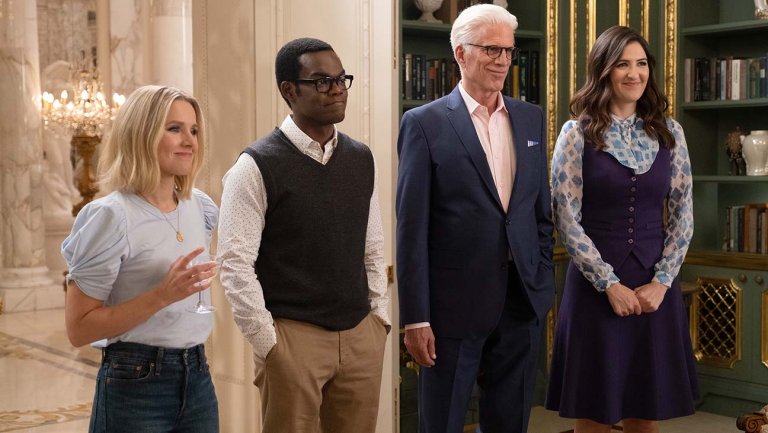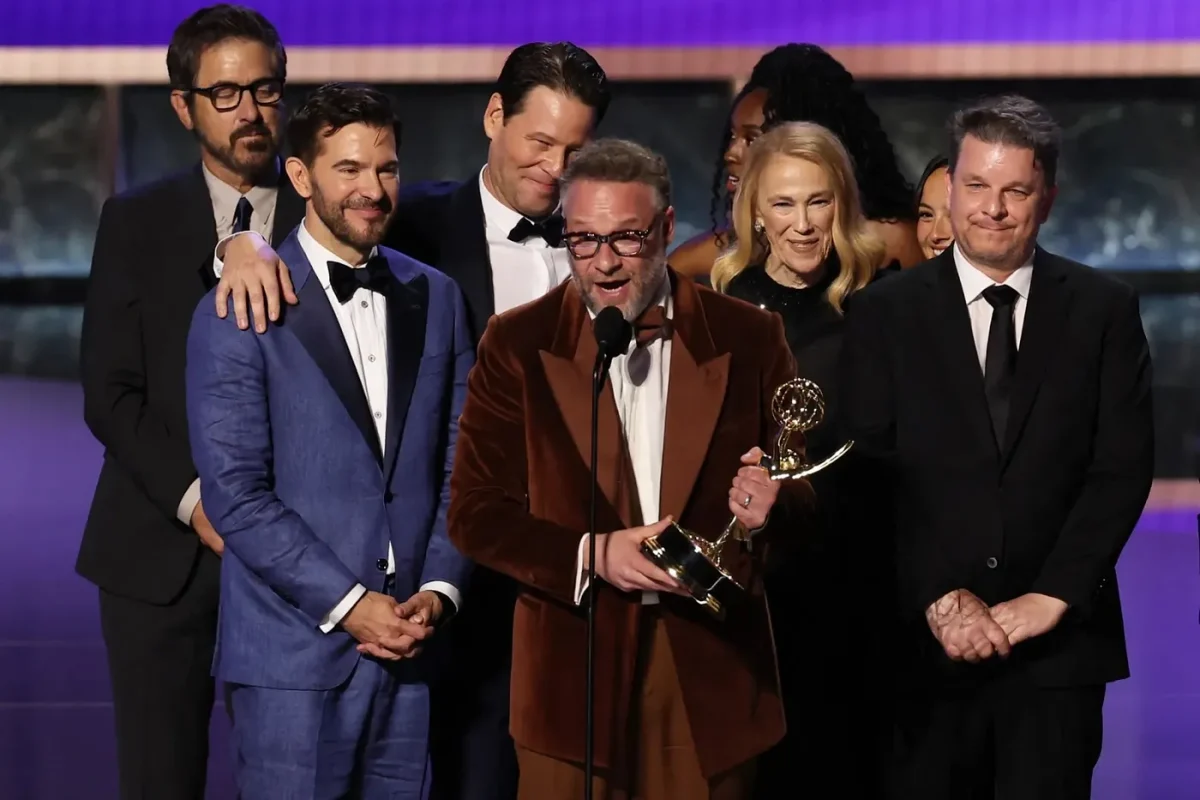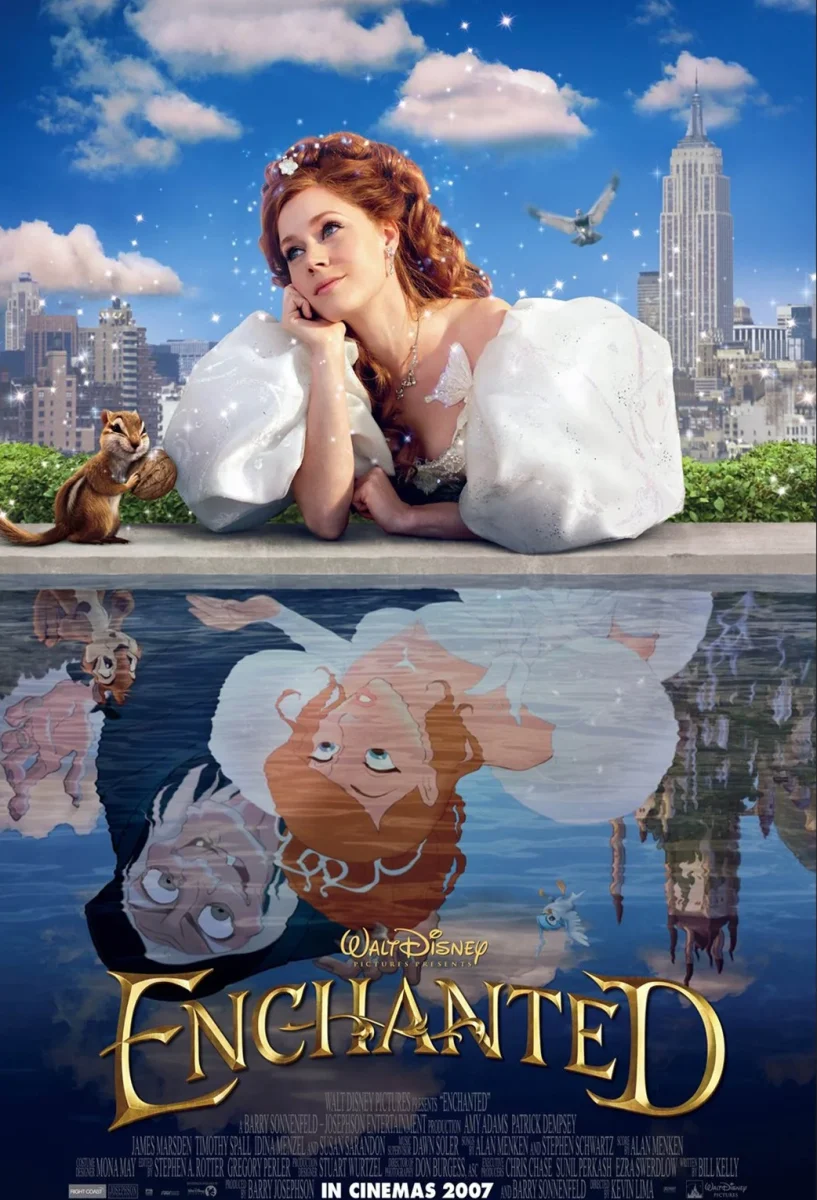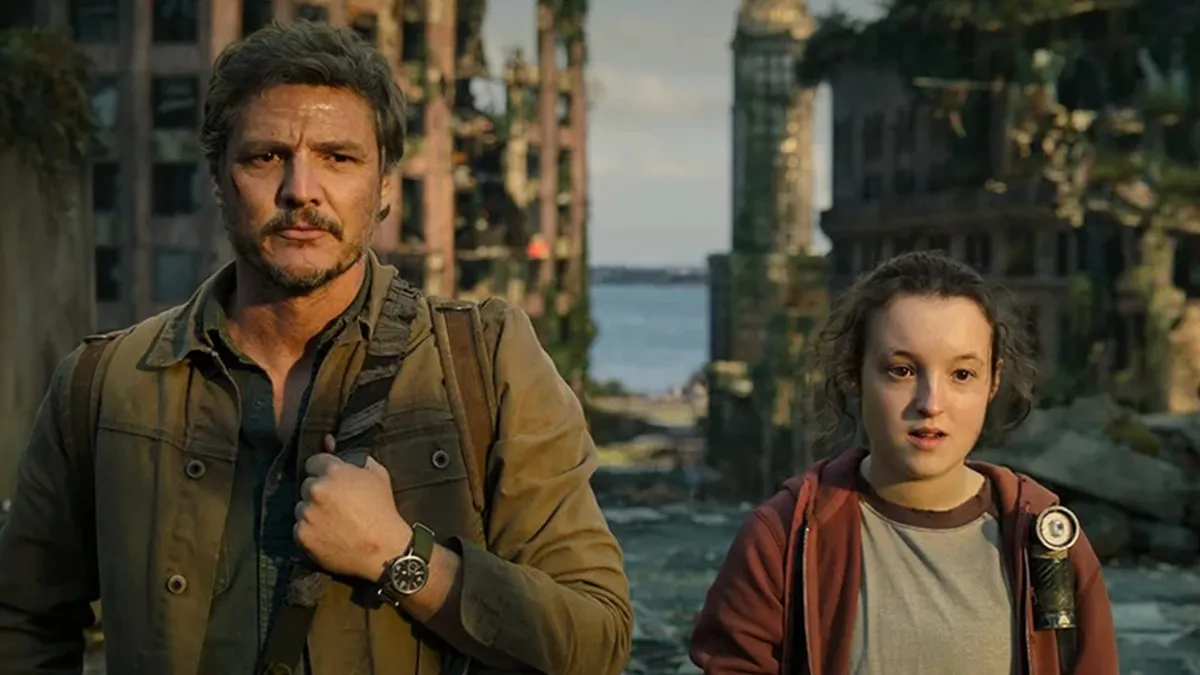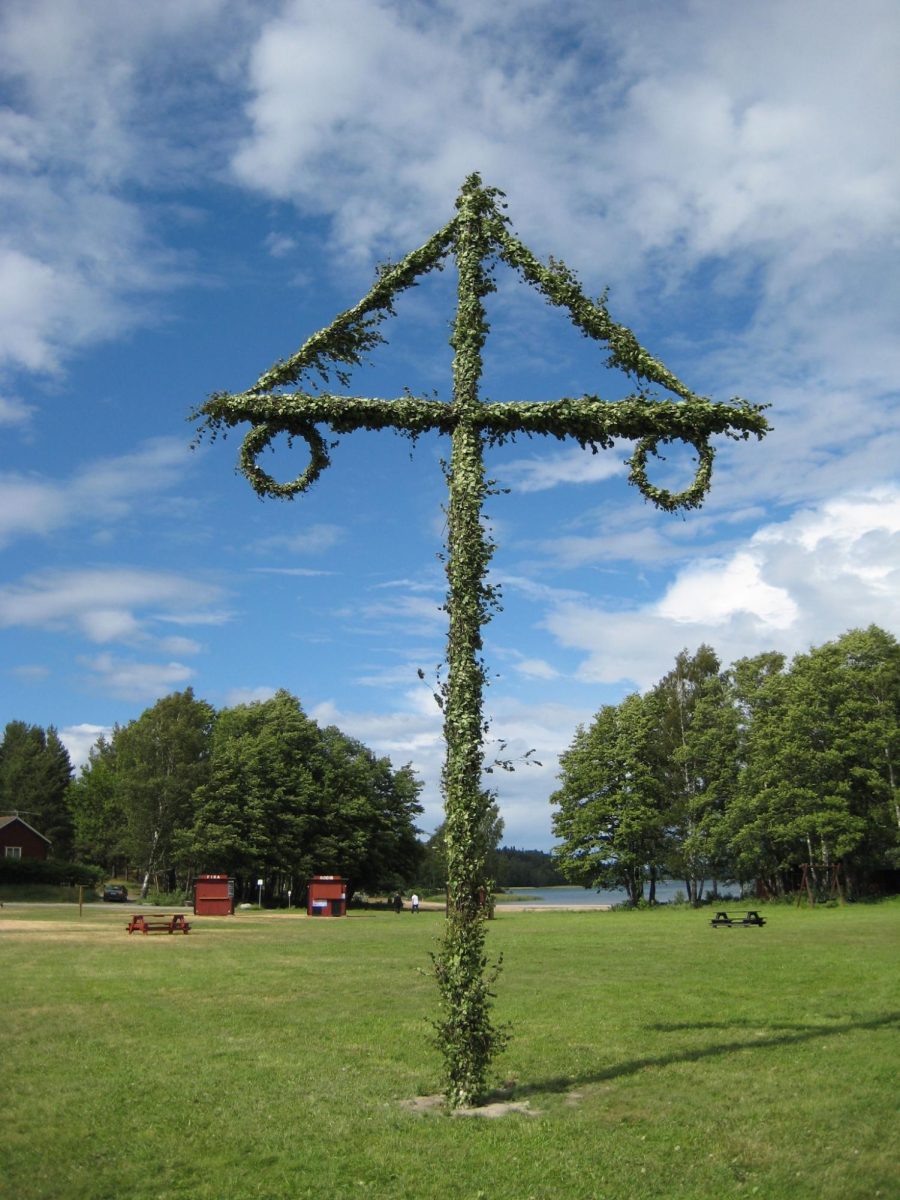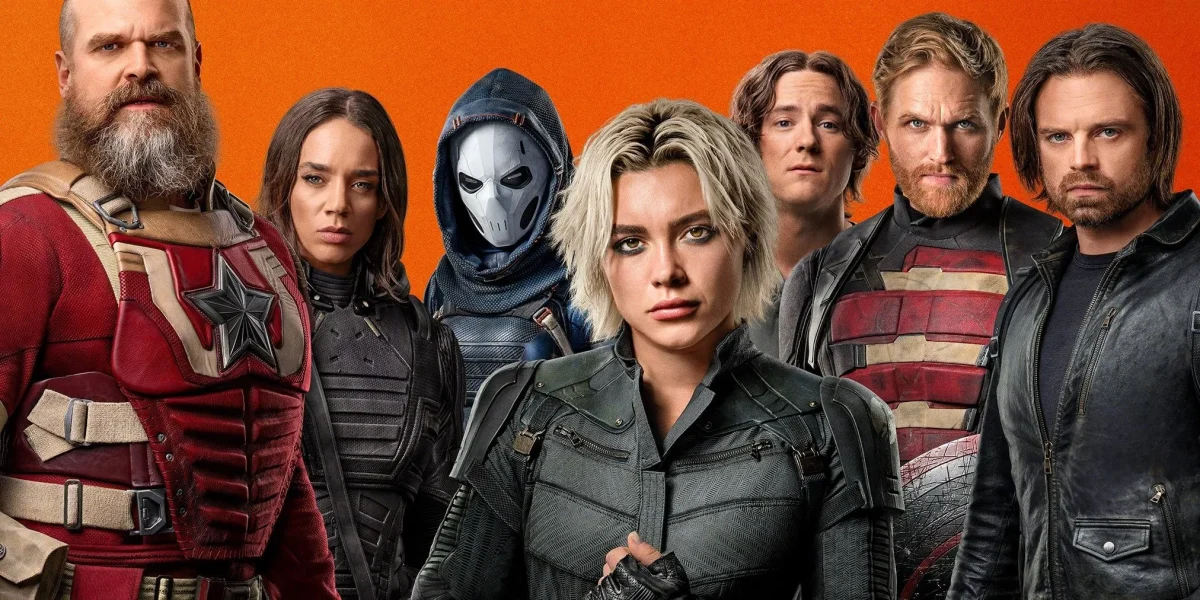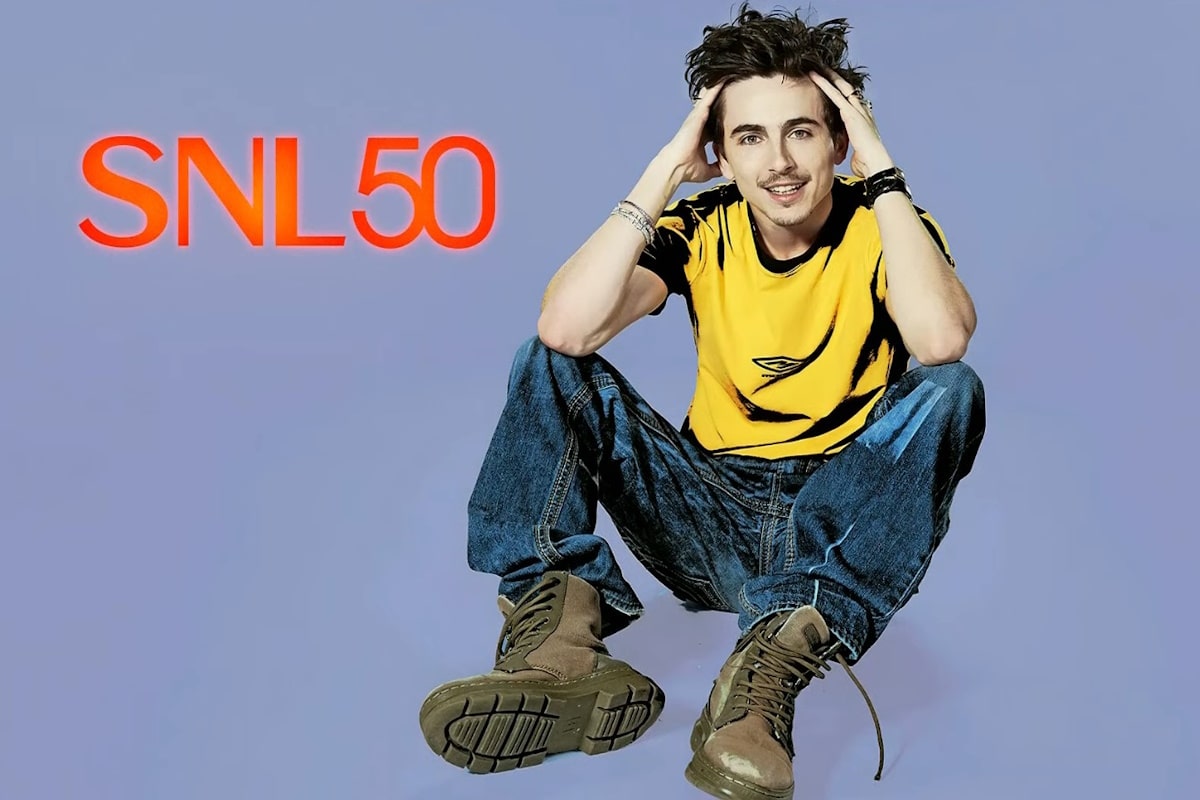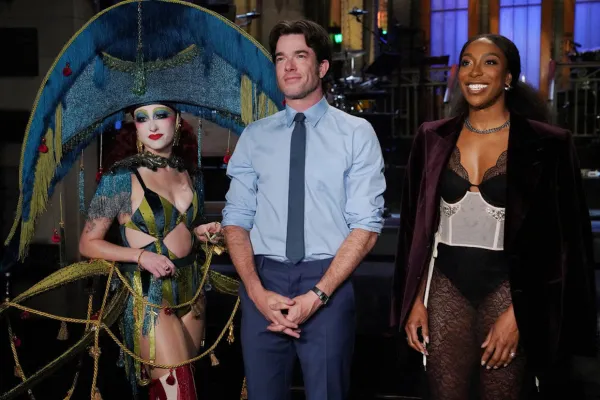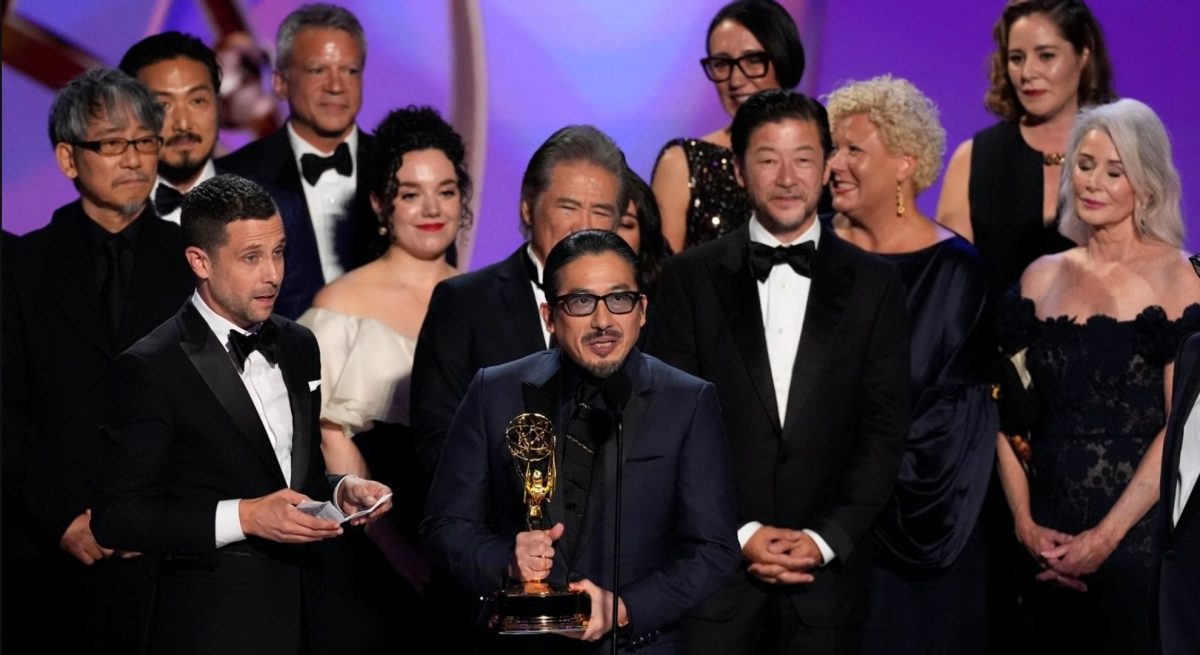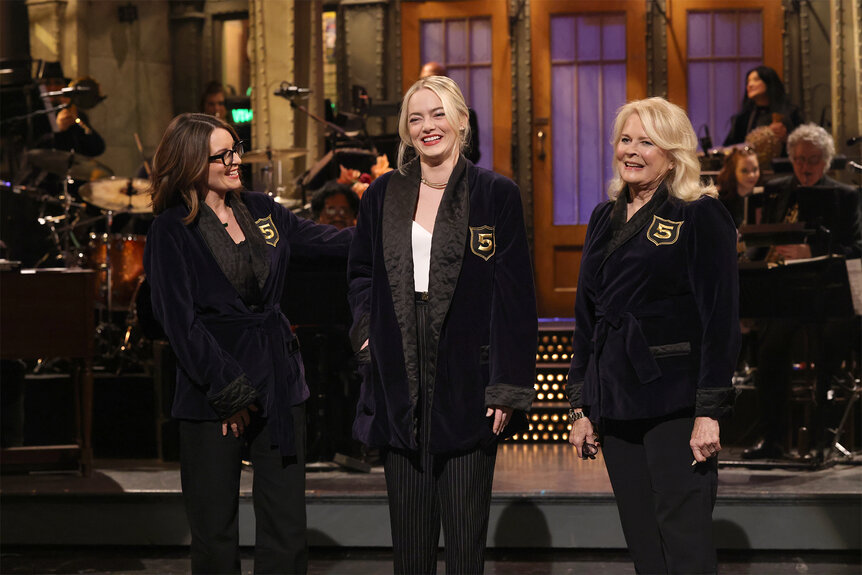 WARNING: SPOILERS AHEAD!!!
WARNING: SPOILERS AHEAD!!!
The final episode of “The Good Place” aired on Jan. 30, 2020, after its four season run on NBC. The show, created by “Brooklyn Nine-Nine” show runner Michael Schur, was always meant to last four seasons, even though it became wildly popular among sitcom viewers. The final episode was titled “Whenever You’re Ready,” which is apt considering the planned ending of the show. In the finale, the humans were given the option to leave the Good Place once they felt content and wished to end their existence. Rather than dragging out the show to a place where it was unsatisfying, Schur decided to stop when the show had reached its natural conclusion.
University freshman Jay Servedio commented on the planned ending of “The Good Place,” saying, “I have endless respect for Schur and his decision to end the show. Of course it was a hit! There’s never been anything that has blended the study of ethics, philosophy, the afterlife, and comedy, and Schur did it in such a way that no one will ever be able to again.” Servedio, a Film and Screen Studies major and member of the production company Skuttlbut Studios continued, “The show told a phenomenal story that answered some of life’s greatest questions, and it ran its course gracefully. I think the story we were given was perfect from start to finish, and I wouldn’t have wanted to see it end any other way.”
“It’s bittersweet, and a little maudlin, and all of the other clichés one might expect it to be,” Schur told Fortune. “But none of my sadness is related to the creative decision, which I’m still sure was the correct one.” Schur realized that the show’s arc would reach a natural conclusion after about fifty episodes. “At the end of the day, we don’t want to tread water just because the water is so warm and pleasant,” Schur wrote in his announcement about the show’s finale, which was shared on the official “Good Place” Twitter account (@nbcthegoodplace).
This kind of ending might feel odd in the current media climate. So rarely do shows reach a natural conclusion—it seems they are either canceled before their time, or they continue on past their prime while they still make money. Popular shows that have reached their end early on are fan-favorites like “One Day at a Time” and “The Get Down,” while shows like “The Office” and “Supernatural” managed to air long past their expiration dates.
Media corporations usually put profit before art, often at the expense of quality. “The Office” wasn’t quite the same after Steve Carrell’s departure, relying on a constant rotation of regional managers trying to fill the void. This tactic is known as jumping the shark, defined by Wikipedia as “a moment when something that was once popular but has grown less so makes an attempt at publicity which only serves to highlight its irrelevance.” For example, “Family Guy” killed off main character Brian as an attempt to attract new viewers and “The Fairly OddParents” introduced Cosmo and Wanda’s new baby, Poof.
Hopefully, moving forward, creators will allow their shows to end in a natural place that is satisfying for the viewers and completes the characters’ arcs instead of sacrificing artistic integrity for more money in the bank. However, it is often the corporations and not the creators that push for shows to last longer than necessary. In the future, all we can do is hope that shows get the endings they deserve.

